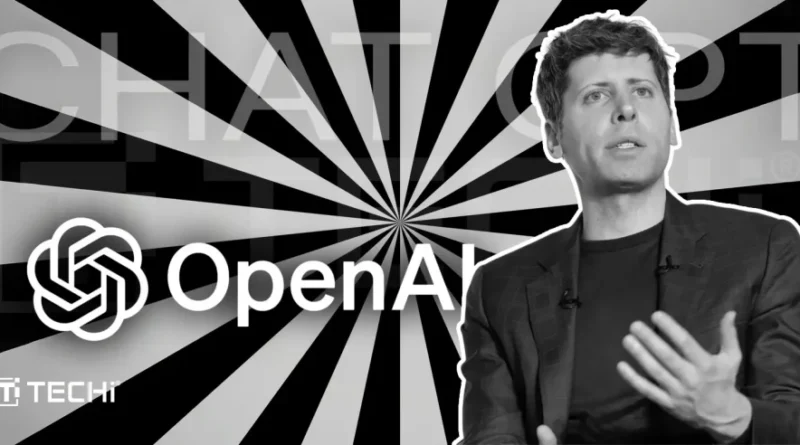OpenAI is Eyeing the Public Market with Massive Investments and New Deals
OpenAI, the renowned AI organization behind ChatGPT, has started the new week with a remarkable series of agreements aimed at amplifying its reach, boosting its worth, and laying a solid foundation for the proposition of going public in the near future. Among these deals is a substantial agreement concluded with Nvidia for resources upwards of $100 billion in value. Concurrently, OpenAI is extending its tentacles further into the AI domain with a developing partnership with Luxsure, a Chinese firm, to pioneer AI consumer goods. Beyond these, negotiations with other suppliers affiliated with Apple in China are reportedly happening.
The narrative of OpenAI in the year 2025 is characterized by an aggressive growth strategy, coupled with highly positive expectations about both the trajectory of the industry and the key role OpenAI is slated to accomplish within it. Even though OpenAI operates as a nonprofit with annual revenue forecasts hitting just shy of $13 billion, after grappling with a $5 billion shortfall in 2024, the organization has publicized investments of colossal amounts, running into hundreds of billions of dollars, into data center infrastructure.
Central among its investment undertakings are the Stargate initiative centered in the US as well as the Stargate initiative extended to the UK, in addition to several other commitments globally. This strategy has propelled discussions over the idea of the AI sector to some extent self-funding, while concurrently escalating the value estimations of all companies involved. From any perspective, it suggests an emerging bubble in the market, a viewpoint supported by OpenAI CEO Sam Altman.
Views from both ends of the argument shed light on the matter. ‘The deal positions OpenAI favorably in achieving its ambitiously outlined targets for compute infrastructure while offering Nvidia a guaranteed market,’ explains Bernstein analyst Stacy Rasgon. However, he also warns that past concerns over the ‘circular’ nature of such deals are likely to resurface with this new deal.
In the coming future, several heavyweight names in the industry, such as Nvidia, Microsoft, Intel, OpenAI, Oracle, and CoreWeave, have reported their decision for massive mutual investments, with the shared purpose of developing their sophisticated services and products. Notwithstanding the realistic mutual benefits, launching the type of AI projects envisaged will demand monumental infrastructure expansions and accordingly, sizeable investments.
The scale of ambition attached to these companies raises valid concerns about the availability of funds when the bills finally need to be settled. The possibility of the AI industry ballooning into an unsustainable bubble seems increasingly evident. The reverberations that typically accompany the bursting of such bubbles are often widespread, spelling doom for entire companies, and this could very well be the fate of AI companies if they fail to meet their goals along the way.
OpenAI, along with its quest to generate IPO funds, also envisages a broadened revenue model positioned beyond its presently imminent for-profit structure. In the search for new potential areas of profitability, OpenAI is exploring the pace of hardware development. In the recent past, it onboarded the former leader of Meta’s Orion augmented reality glasses project in a strategic move to spearhead its consumer devices and robotics divisions.
Connections with Goertek, a Chinese firm specializing in the production of Apple’s AirPods and other advanced devices, are reportedly being pursued. In a more concrete move, OpenAI has entered into a partnership agreement with Luxshare, another major Apple supplier based in China, to develop a smart speaker that incorporates the abilities of ChatGPT.
OpenAI perceives ChatGPT as a substantial rival to smart assistants such as Siri by Apple, Alexa by Amazon, and Google Assistant. As a part of its vision, OpenAI is focused on creating smart gadgets that can harness the power of its technology in a more tangible dimension. This is strikingly similar to the smart speaker offerings rolled out by tech giants Apple, Amazon, and Google.
According to insider details disclosed by The Information, Luxshare has initiated work on envisaged prototypes, with a projected timeline to release the innovative gadget towards the end of 2026 or at the start of 2027. This development vibes with OpenAI’s collaboration with Jony Ive, a founding father of Apple’s renowned product designs, further endorsing OpenAI’s strategic shift towards hardware as a potential future to optimize profitability and to augment its tangible interaction in the daily routines of people.

